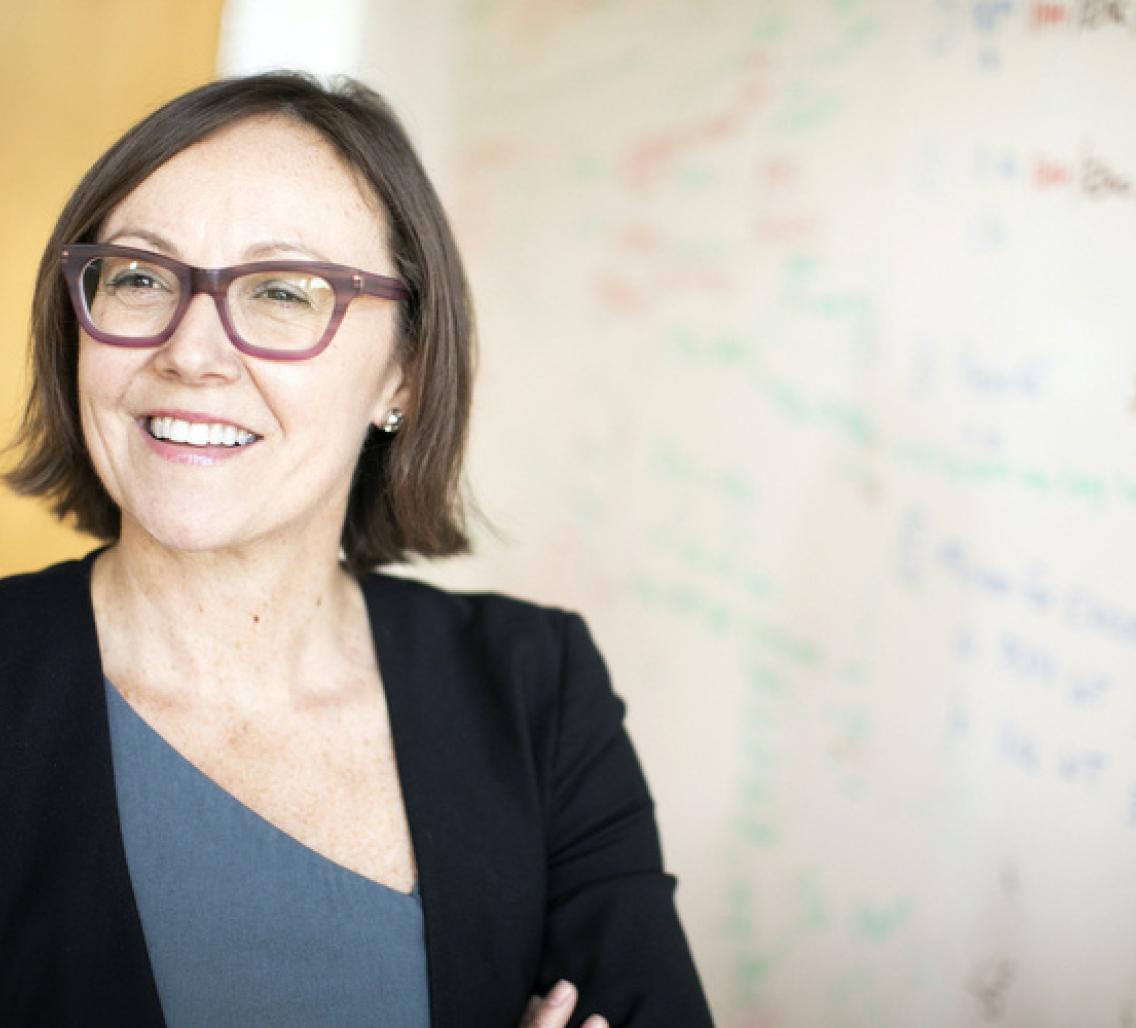Event Details:

Wu Tsai Neuro's weekly seminar series is being held virtually during the winter and spring quarters. We hope to be able to bring the community together for in-person seminars again in the fall.
Community members interested in meeting with this week's speaker should contact host Mable Lam of the Zuchero Lab.
Paola Arlotta
Harvard University
Paola Arlotta is the Chair and Golub Family Professor of Harvard’s Department of Stem Cell and Regenerative Biology. She is also Associate Member of the Stanley Center for Psychiatric Research at the Broad Institute.
Collectively, the Arlotta lab research program explores the interface between development and engineering of the neocortex, to gain fundamental understanding of both the principles that govern normal cortical development and of previously-inaccessible mechanisms of human neurodevelopmental disease. The lab is working to understand and model complex human cortical pathology, focusing on the development of new high-throughput in vitro models of human cortical development and neurodevelopmental disease using 3D cerebral organoids.
Dr. Arlotta received her M.S. in biochemistry from the University of Trieste, Italy, and her Ph.D. in molecular biology from the University of Portsmouth in the UK. She subsequently completed her postdoctoral training in neuroscience at Harvard Medical School. She has won numerous awards including the Friedrich Wilhelm Bessel Award, George Ledlie Prize, the Fannie Cox Prize, and a Harvard College Professorship. Her research has been published in and widely cited in many noteworthy journals including Nature, Science, Neuron, and Nature Neuroscience.
Human Neurodevelopmental Disease: from Embryos to Organoids
Abstract
Much remains unknown regarding the mechanisms governing mammalian brain development. Focusing on the cerebral cortex, I will present data on the mechanistic principles that control the developmental generation of cellular diversity in vivo, and consider to what extent processes of cortical development can be replicated outside the embryo, within brain organoids. I will discuss the opportunities to model human corticogenesis in the dish, and new results on convergent developmental defects modeled in organoids carrying mutations in distinct genes associated with Autism Spectrum Disorder (ASD).